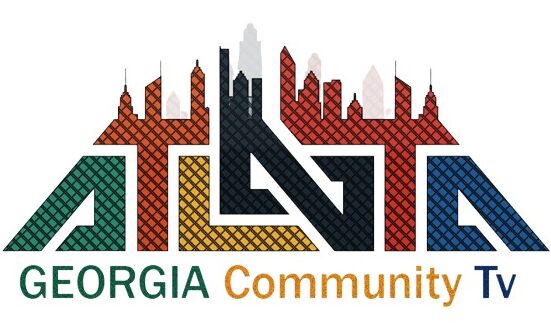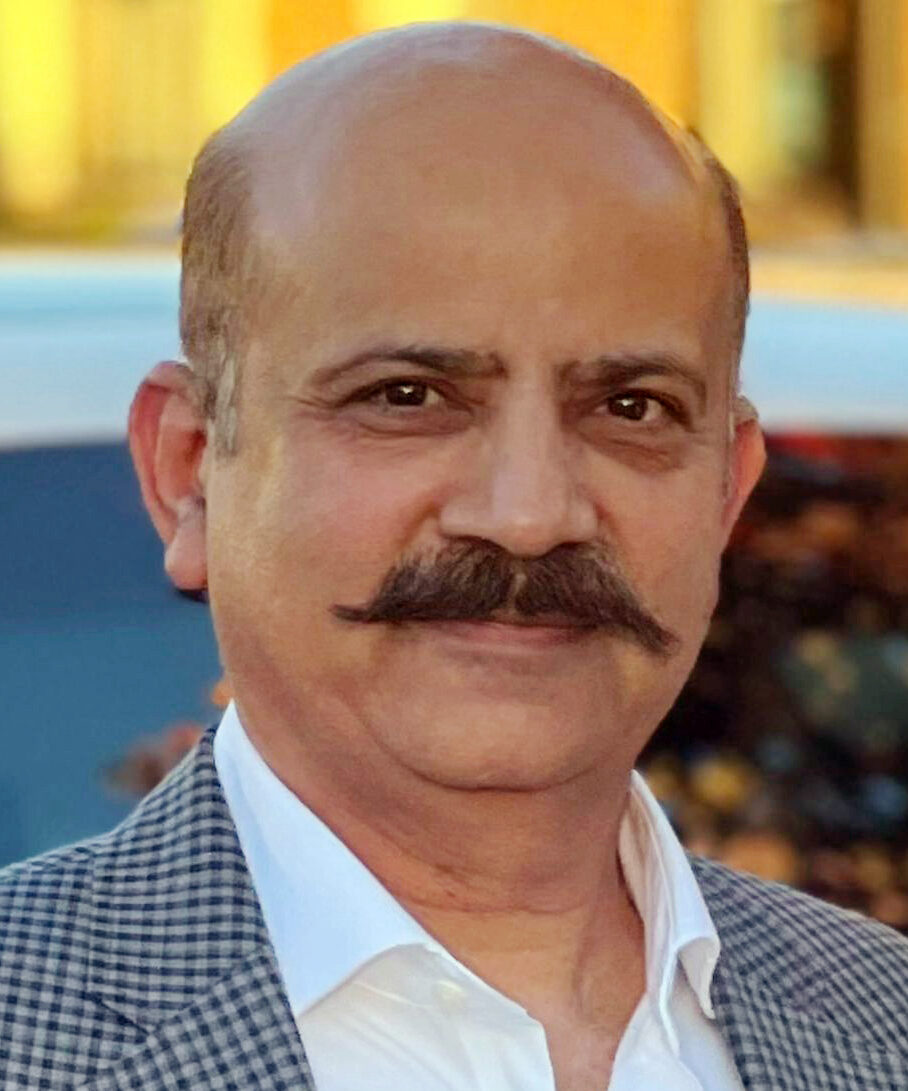Four Takeaways From Keir Starmer’s Conversations With The New York Times

The British prime minister said Putin would break any peace deal unless Ukraine gets robust security guarantees and that preserving the U.S.-British relationship was crucial.

President Trump’s overture to President Vladimir V. Putin of Russia to end the war in Ukraine has rattled leaders across Europe. Few have been more transformed than Prime Minister Keir Starmer of Britain, who was elected last summer on a standard-issue promise to revive his country’s economy and public services.
Now, Mr. Starmer finds himself striding the world stage, at a fateful moment for the trans-Atlantic alliance. In a hectic few weeks, he has led Europe’s response to the peace talks, along with President Emmanuel Macron of France. He has mediated between Mr. Trump and President Volodymyr Zelensky of Ukraine. And he is lobbying Mr. Trump not to leave Europe at the mercy of an aggressive Russia.
Here are four takeaways from a series of recent conversations Mr. Starmer held with The New York Times.
Europe must help secure any peace settlement between Ukraine and Russia.
The prime minister has welcomed Mr. Trump’s efforts to wind down the war and said last week’s call between Mr. Trump and Mr. Putin “nudged things on a bit.” But without robust security arrangements, he said, any peace deal would leave Ukraine vulnerable to future incursions.
“I don’t trust Putin, and therefore I take everything he says with some degree of caution,” Mr. Starmer said. “We know what happens if there aren’t security arrangements, which is, he’ll breach the deal in due course, in his own time.”
Image
Europe, he said, must play a lead role in providing that security. Mr. Starmer has devoted much of his energy in recent weeks to cobbling together a coalition of the willing, which would play a deterrent role against Russia to preserve a peace deal.
Britain and France have both committed troops, though, so far, no other European country has done so publicly. Mr. Starmer played down the lack of announcements, saying it was still early in the process, with the peace negotiations uncertain and the military mission of a deterrent force inchoate.
“How do we take the concept into a plan?” Mr. Starmer said. “How do we make sure there’s a plan we can put in place if there is a deal? What we can’t do is wait for a deal and say, ‘Right,’ then scratch our heads.”
Preserving the ‘special relationship’ with the United States is paramount.
When it comes to ties between Britain and the United States, Mr. Starmer has adhered to a straightforward policy: no daylight.
“We are different to some of our other allies,” he said. “On a defense, security and intelligence basis, we are intertwined in a way no two other countries are. It is in our own interest to continue that.”
Image
Mr. Starmer has labored to cultivate a relationship with Mr. Trump and so far, he said, it has paid off.
“I’ve met him a number of times now,” he said. “I’ve spoken to him on numerous cases on the phone. I think we have a really good relationship. I do believe that he absolutely wants peace in Ukraine. That’s what he is driving at. I do believe he is committed to NATO.”
Starmer acknowledged the renewed importance of the royal family in Britain’s diplomacy.
Mr. Starmer has a not-so-secret weapon as he navigates this tricky period: the royal family. He handed a letter from King Charles III last month to an obviously delighted Mr. Trump, inviting him to make a state visit to Britain.
“President Trump has spoken to me about his affection for the royal family and what it meant for him to meet the late queen,” Mr. Starmer recalled. “That is important because that is something I think other countries look to.”
Charles has had a crowded diplomatic dance card in recent weeks, meeting with Mr. Zelensky after his clash with Mr. Trump. He played host to two successive Canadian prime ministers, Justin Trudeau and Mark Carney, as both were wrestling with Mr. Trump’s tariffs against Canada and rebutting his calls for it to become the 51st American state.
“It’s not for me to speak for the royal family,” said the always-careful Mr. Starmer. But he noted that “the Canadian prime minister is his prime minister,” referring to the fact that the king is also Canada’s head of state.
In a more volatile world, Britain needs to step up its own defense and security.
“I still remember how I felt when the Berlin Wall came down,” Mr. Starmer said, in discussing European attitudes toward defense. “It was the beginning of a new era where values of democracy and freedom would prevail. I didn’t think that in my lifetime, I’d see Russian occupation of countries again.”
“Because the peace dividend was going on for so long” in Europe, he said, the importance of paying for defense slipped behind other priorities.
Now, he said, “there is more immediacy and urgency” for Europe to do more. “For a number of years, European countries have been saying we need to step up on defense and security, but we haven’t done it,” Mr. Starmer said. “I feel very strongly that the moment for talking is over and the moment for action is now.”
Mark Landler is the London bureau chief of The Times, covering the United Kingdom, as well as American foreign policy in Europe, Asia and the Middle East. He has been a journalist for more than three decades. More about Mark Landler






